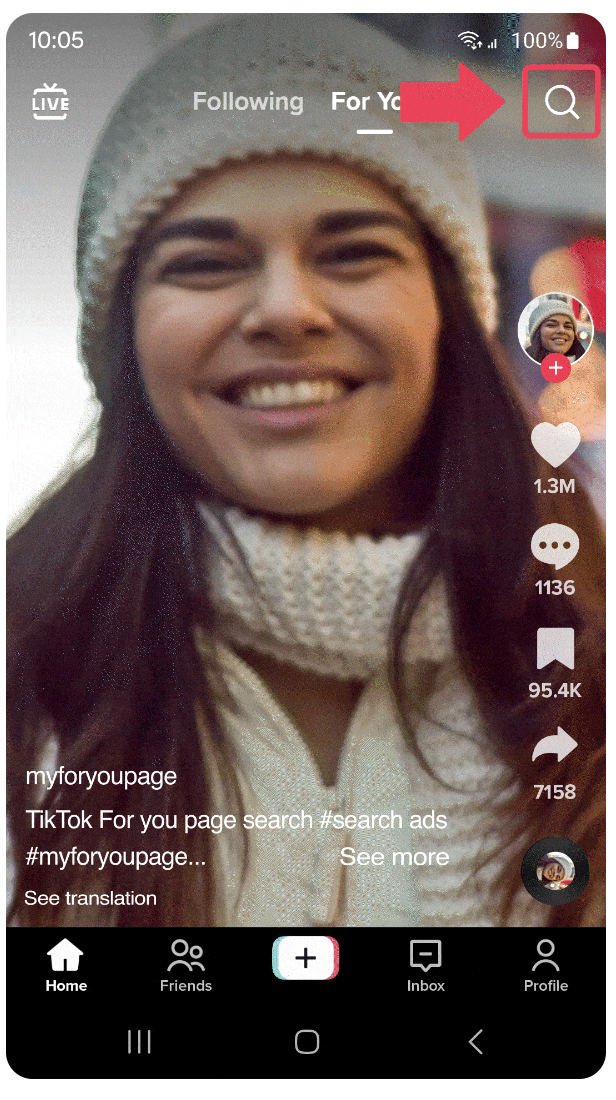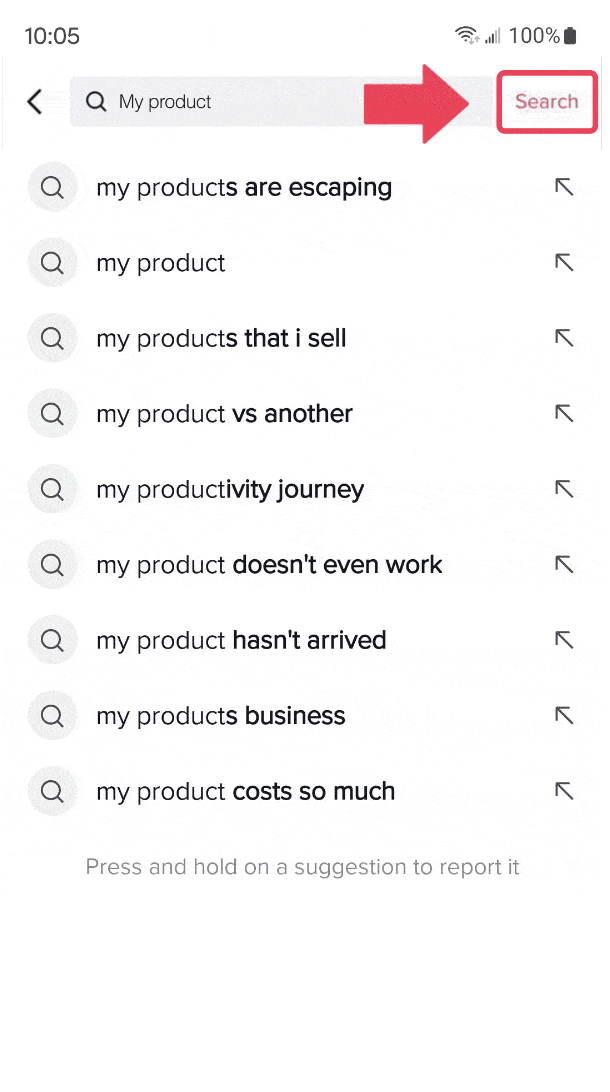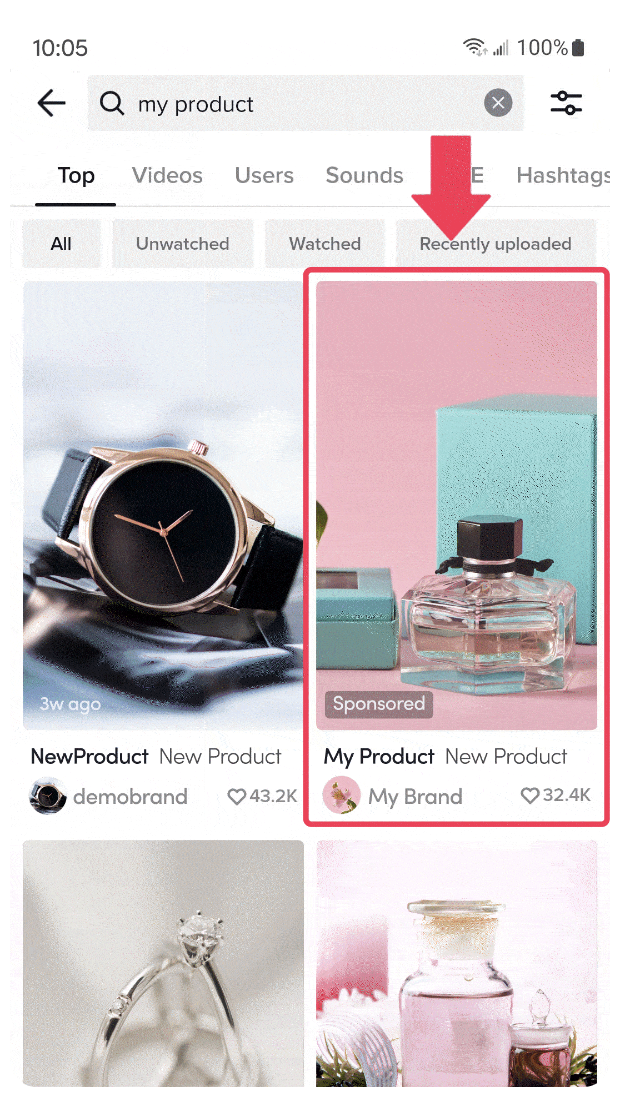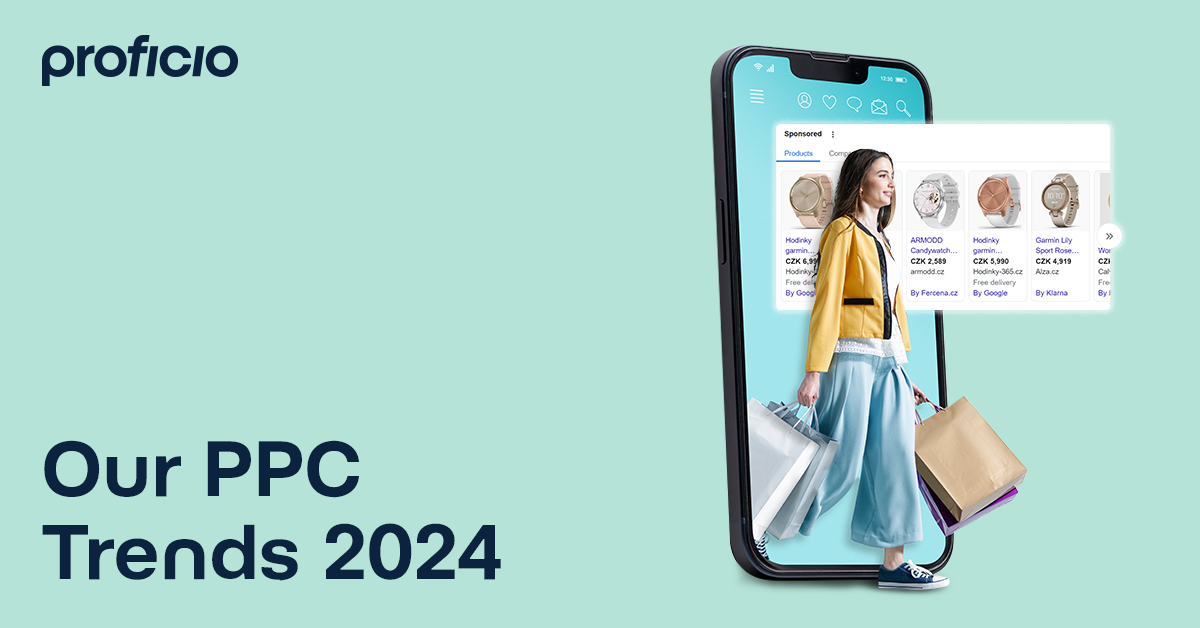


Source
TikTok search ads are created from existing ads you are already using, they will be marked as sponsored and can appear on different positions on their SERP, depending on the user’s intent based on their search query, ad relevancy and broader insights on the user’s past behaviour. Negative keywords can be added to the campaign, giving advertisers some control over where their ads appear.
“70% of ad groups with the Search Ads Toggle ‘on’ see more efficient performance when compared to not, as a result of more efficient conversions coming from search ads,” according to TikTok’s internal data.
If you’re already running social media ads on TikTok testing the search ads feature is only a quick switch of a toggle away!
CPC-Inflation: Does it matter?
Inflation has been one of the most discussed topics in 2023 with world inflation rates hitting close to 7%. Unsurprisingly perhaps, that we have also seen costs inflating in advertising, specifically CPCs.
Google ads auctions have reserve prices and minimum thresholds, which mean there is a minimum price that an advertiser must pay to have his ad shown in the SERP. Over time Google has raised these minimum thresholds to boost their own revenue figures, making costs rise for advertisers.
While it remains important to ensure you have your quality score factors in order, we at Proficio always reassess our priorities and make sure our time is spent in the most efficient way possible. We believe advertisers will often be more successful focusing their energy on business relevant outcomes, basically extracting as much value as possible from their clicks, rather than chasing cheaper click options. By this we mean that it’s wasted energy to obsess over CPC inflation, we cannot control or stop Google from raising their minimum threshold. Instead make the higher cost worth it by ensuring your campaigns and tracking are set up in the best possible way, you are targeting an ultra-relevant audience with tailored ads that convert.


